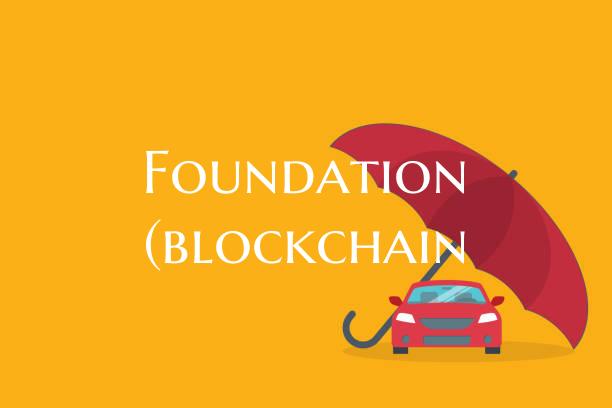Foundation (blockchain
Blockchain technology has revolutionized the way transactions are conducted and information is stored securely, offering unparalleled transparency and security in the digital realm. At the helm of this revolutionary technology lies its foundation, which serves as the building block for its decentralized architecture. Understanding the core principles and components that underpin blockchain is essential to grasp its full potential and transformative impact across various industries.
At the heart of blockchain technology is the concept of a distributed ledger, a shared database that maintains a continuously growing list of records, or blocks, secured through cryptography. These blocks are linked and chronologically ordered, forming an immutable chain that cannot be altered retroactively. This decentralized structure eliminates the need for intermediaries and central authorities, enabling peer-to-peer transactions with enhanced efficiency and trust.
Consensus mechanisms play a vital role in maintaining the integrity of the blockchain network by ensuring agreement among participants on the validity of transactions. Commonly used consensus algorithms such as Proof of Work (PoW) and Proof of Stake (PoS) validate new blocks and secure the network from malicious activities, establishing a consensus among nodes while incentivizing network participants.
Smart contracts, self-executing contracts with predefined rules and conditions, are another fundamental element of blockchain technology that automate and enforce the execution of agreements. These programmable contracts enhance transparency, reduce transaction costs, and streamline complex processes across various industries, from finance to supply chain management.
The security of blockchain networks is upheld by cryptographic techniques such as public-private key encryption and hashing algorithms, safeguarding sensitive data and digital assets from unauthorized access and tampering. Through secure and transparent cryptographic mechanisms, blockchain technology ensures the integrity and authenticity of information stored on the network.
As blockchain technology continues to evolve and disrupt traditional business models, understanding its foundational elements is crucial for harnessing its potential and navigating the complexities of this innovative technology. By delving into the core principles of distributed ledgers, consensus mechanisms, smart contracts, and cryptographic security, organizations and individuals can leverage the power of blockchain to drive efficiency, transparency, and trust in a digitally connected world.
